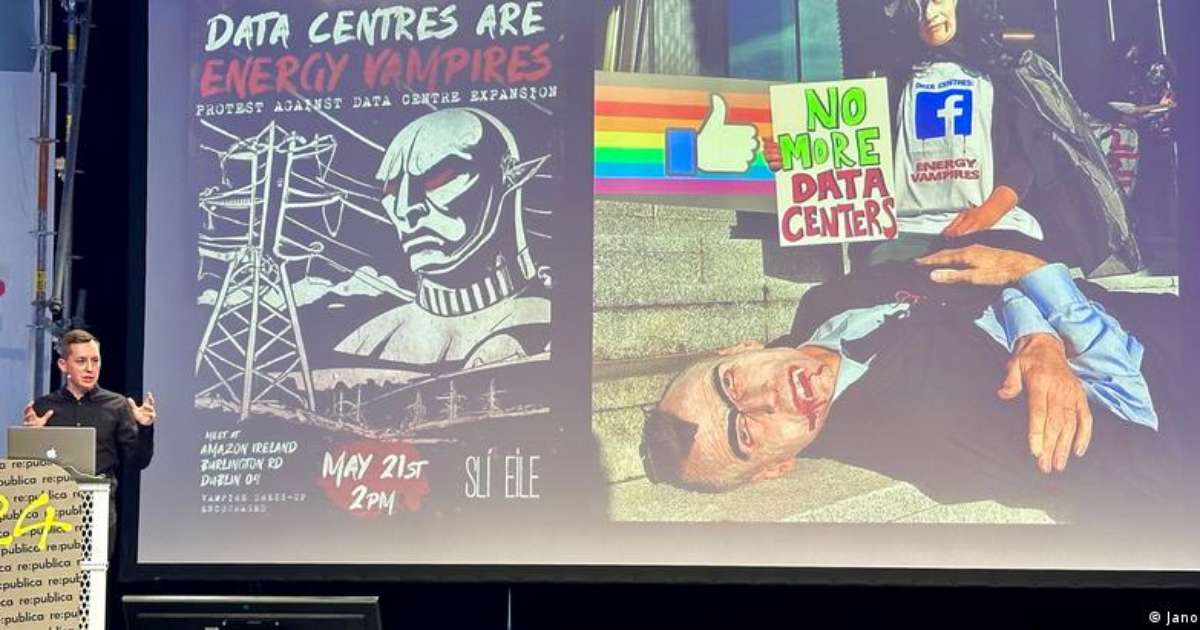What if you had the chance to speak once more with a great love who passed away, even though you know that the bridge between life and death is just a technological illusion? Would you get carried away?
A Canadian used an artificial intelligence program to simulate an exchange of messages with his fiancée, who died eight years ago. It was ten hours of conversation and an unsettling feeling that this was real, if not impossible, interaction.
All over the world, researchers are trying to create programs that respond, speak or write like humans. Robots that think for themselves, able to respond in different ways to unprogrammed questions.
To achieve this, researchers load programs with massive amounts of information. The more information entered into the system, the smarter the robot will respond. He can understand what you say or ask, he makes comparisons with the knowledge he has, and from all this information he responds logically and precisely.
Several projects and websites already use this system. One of them is Project December, developed by the American programmer Jason Rohrer, who wanted to go further and create characters (robots with predefined characteristics with whom we could chat online), but also give everyone the possibility of personalize your robot: whether it’s a character from movies, books or even someone real, as was the case with Canadian Joshua.
As soon as I learned about the story of Joshua simulating conversations with the deceased bride, the company Open Ai, which created this artificial intelligence, decided to review its use and also asked Jason to limit the ability to interact of the project.
Jason refused to back down and thus lost access to the technology and had to close the project December. After Joshua’s story appeared in American newspapers, half of the people who researched the project wanted to simulate conversations with deceased relatives.
In this Sunday’s special report (26), journalist Tiago Eltz exposes the risks pointed out by experts in the growing development of artificial intelligence and wonders: what is the limit? Watch in the video above.
Listen to the Fantastico podcasts:

“Pop culture fan. Coffee expert. Bacon nerd. Infuriatingly humble communicator. Friendly gamer.”

:strip_icc()/s03.video.glbimg.com/x720/9894218.jpg)





